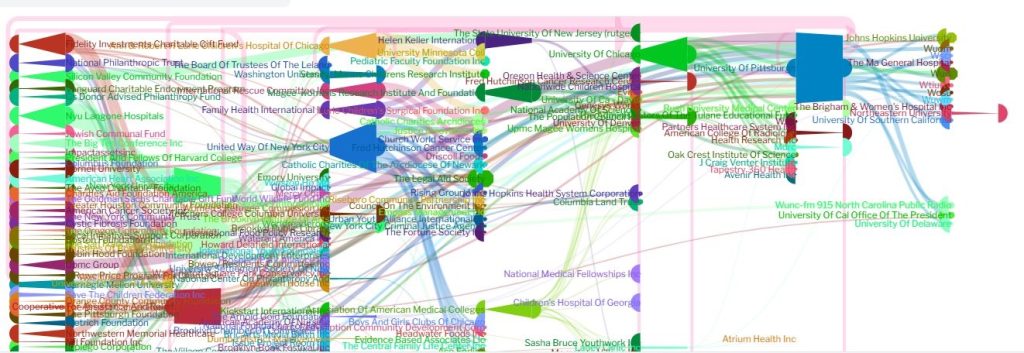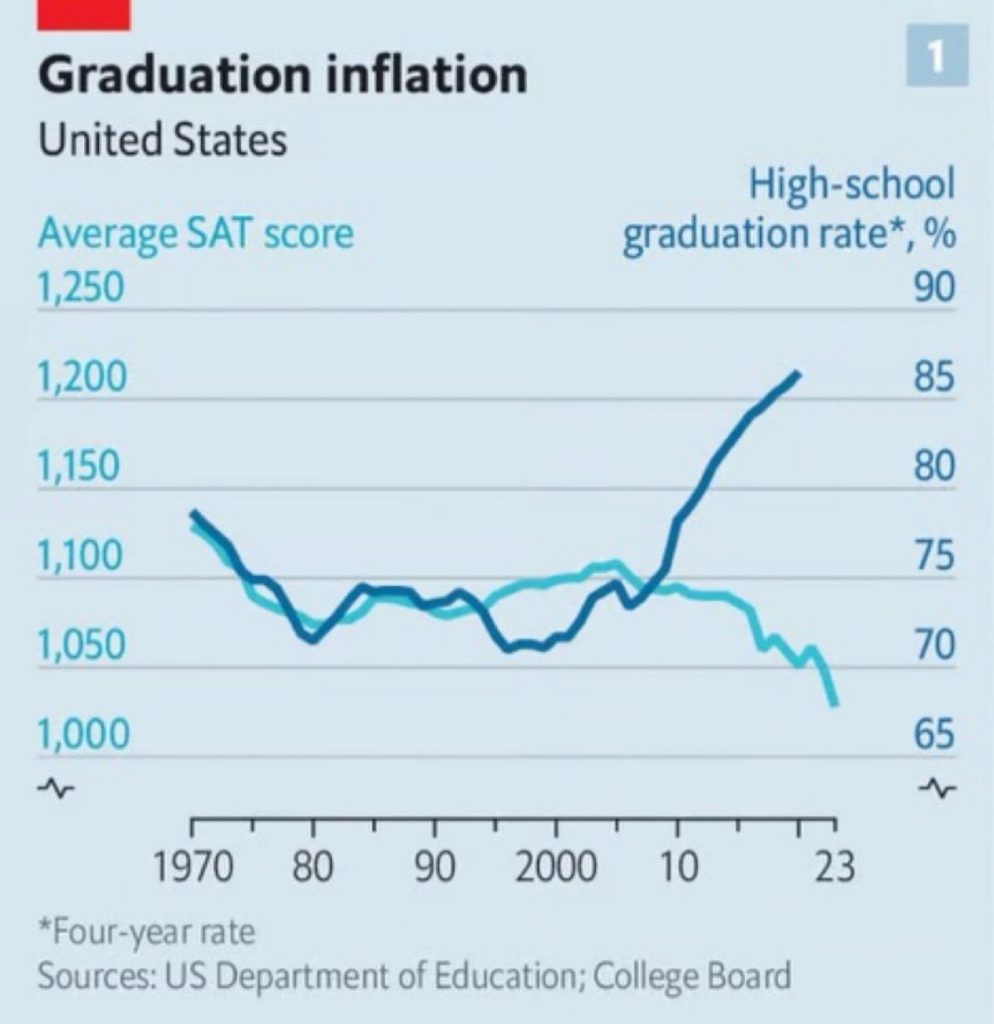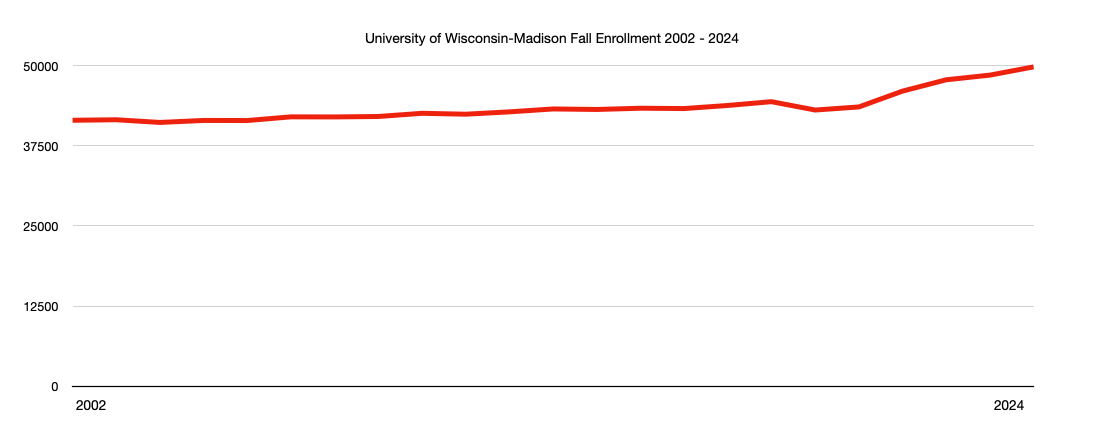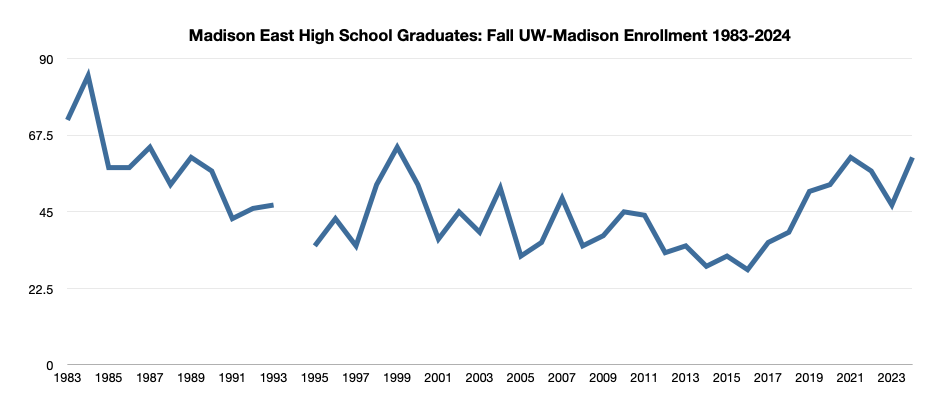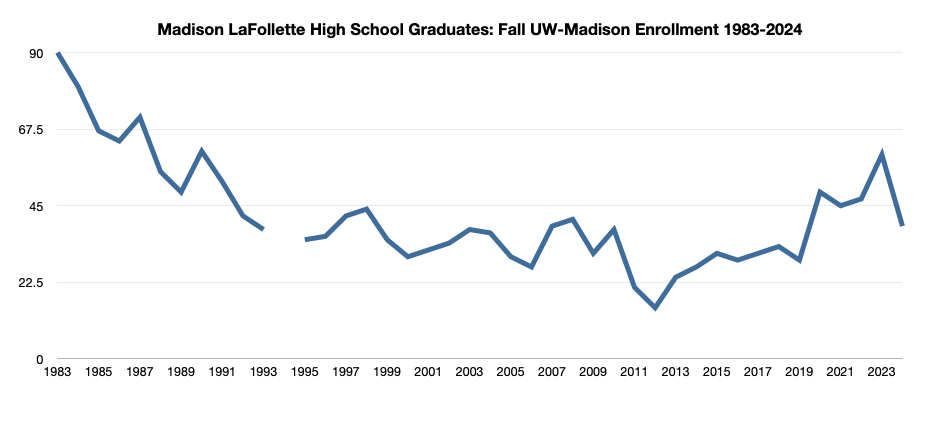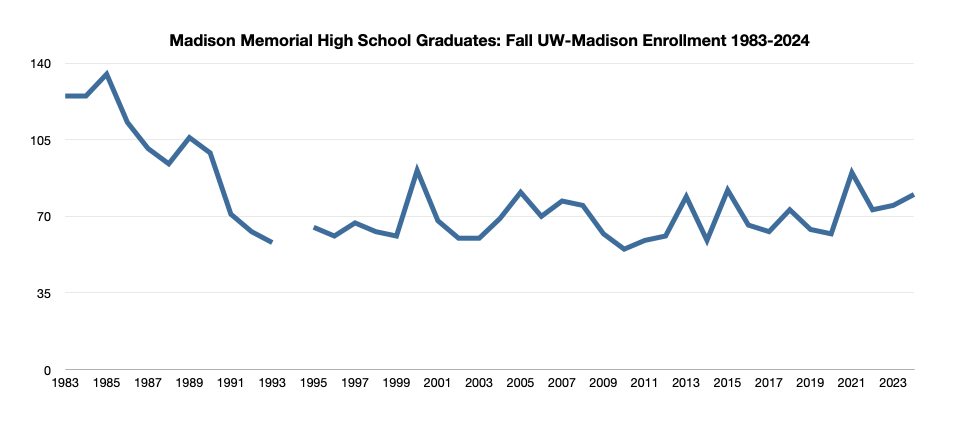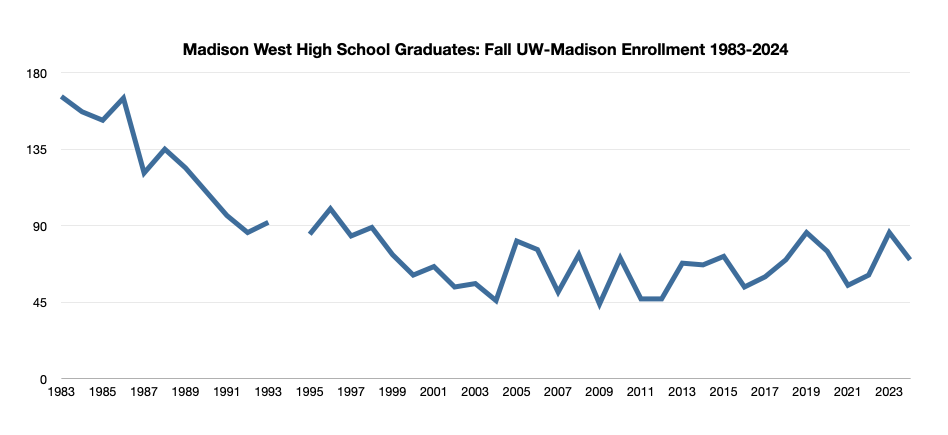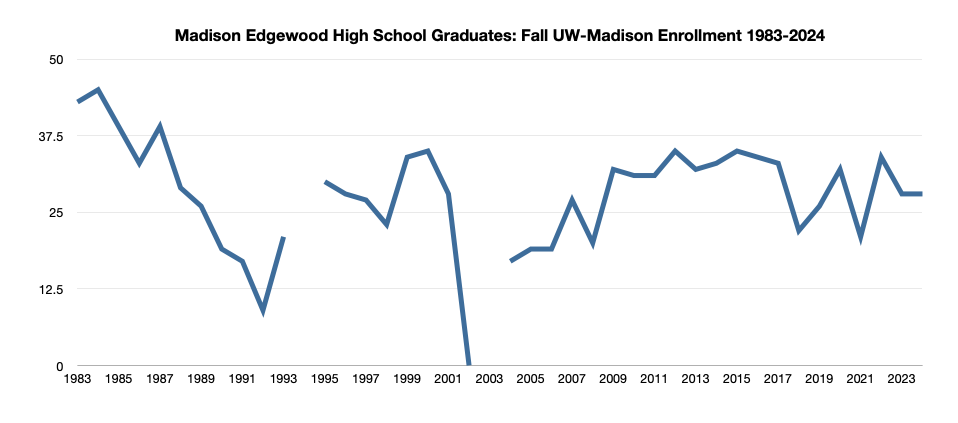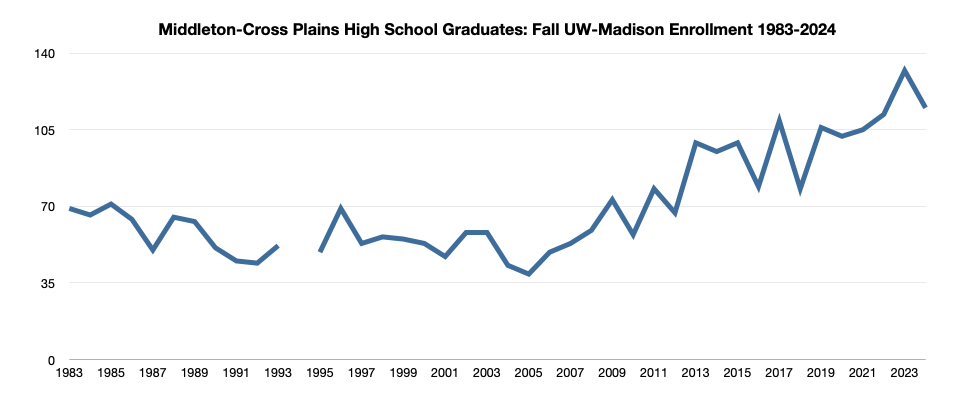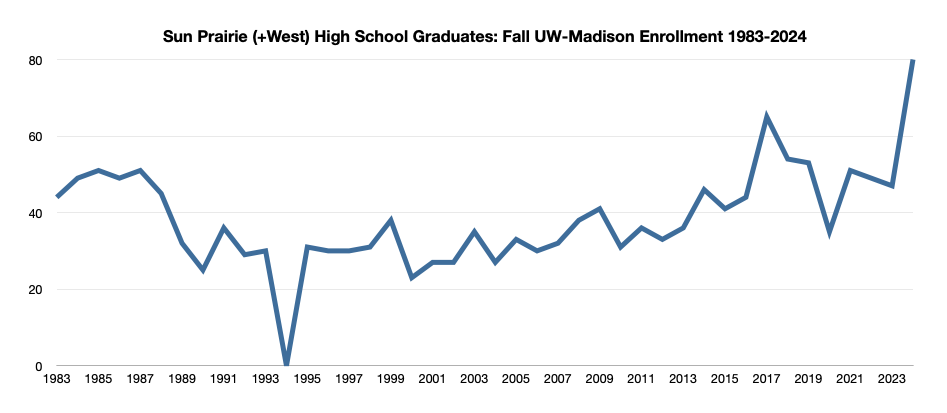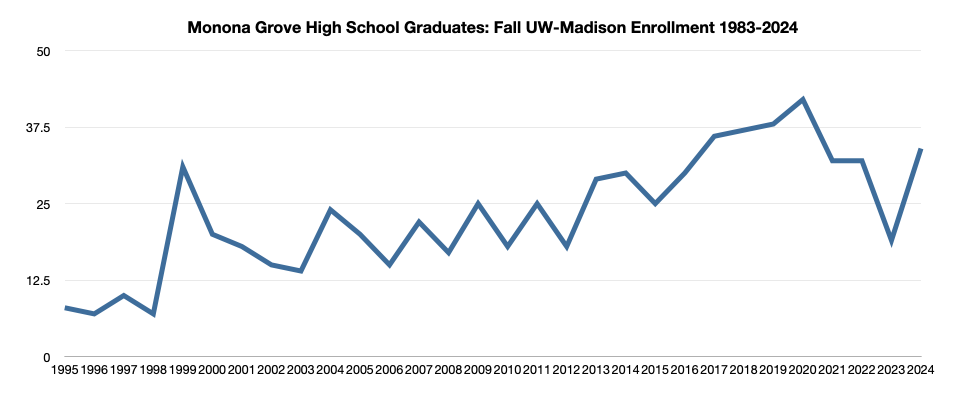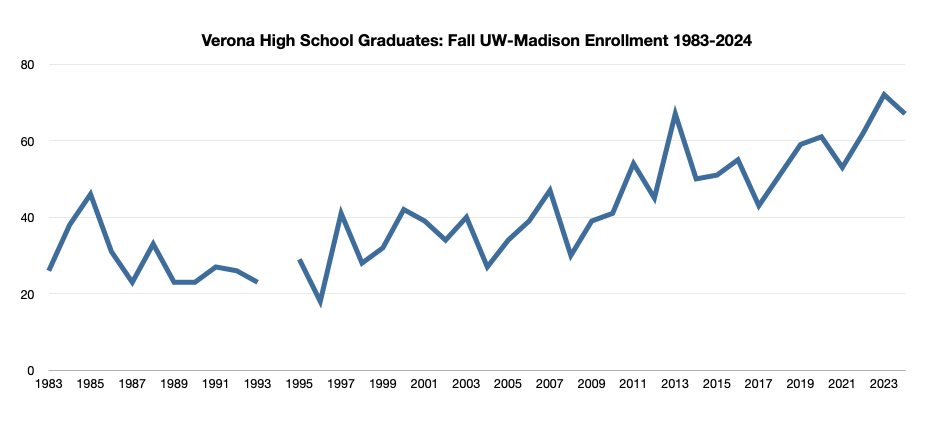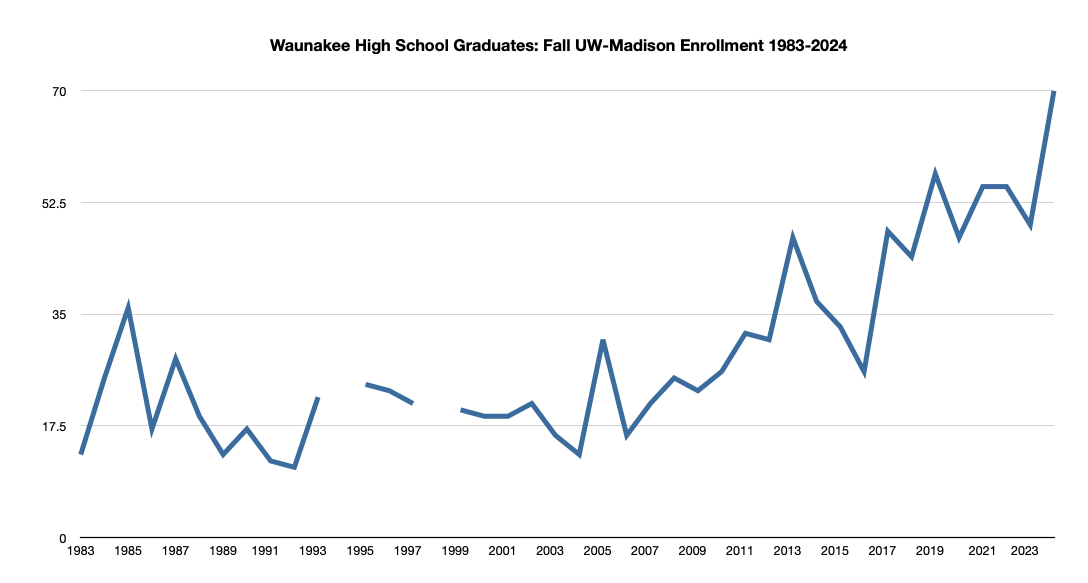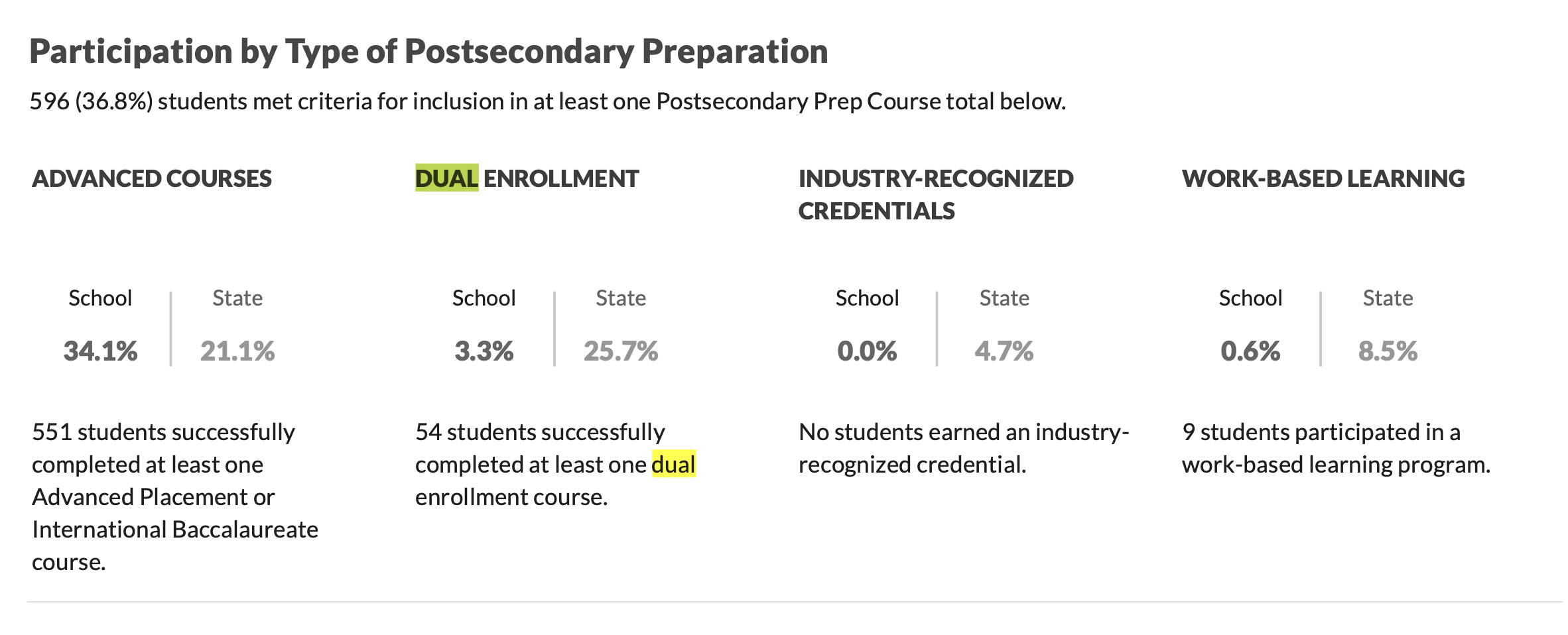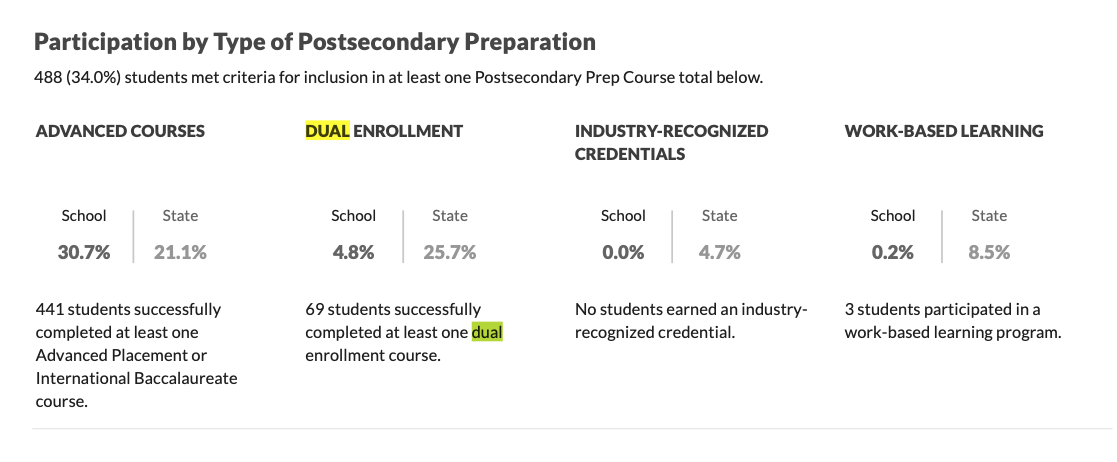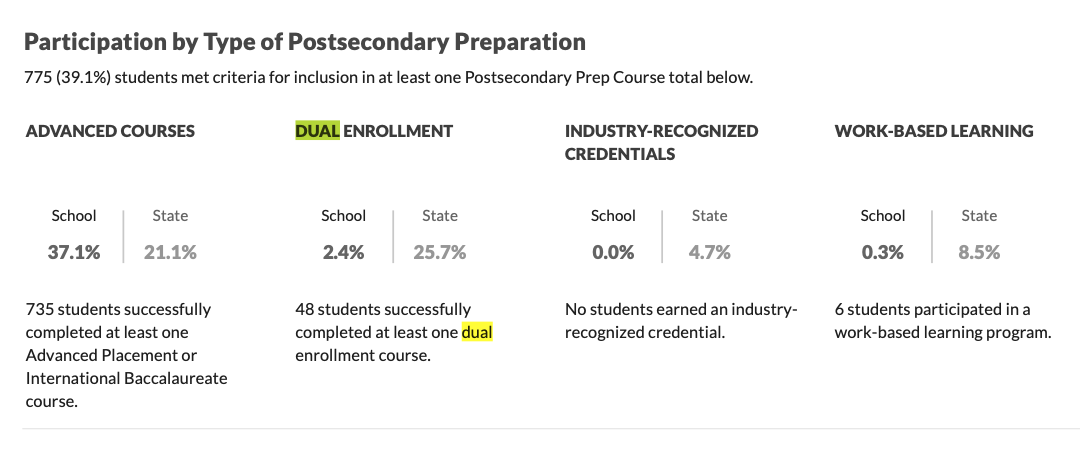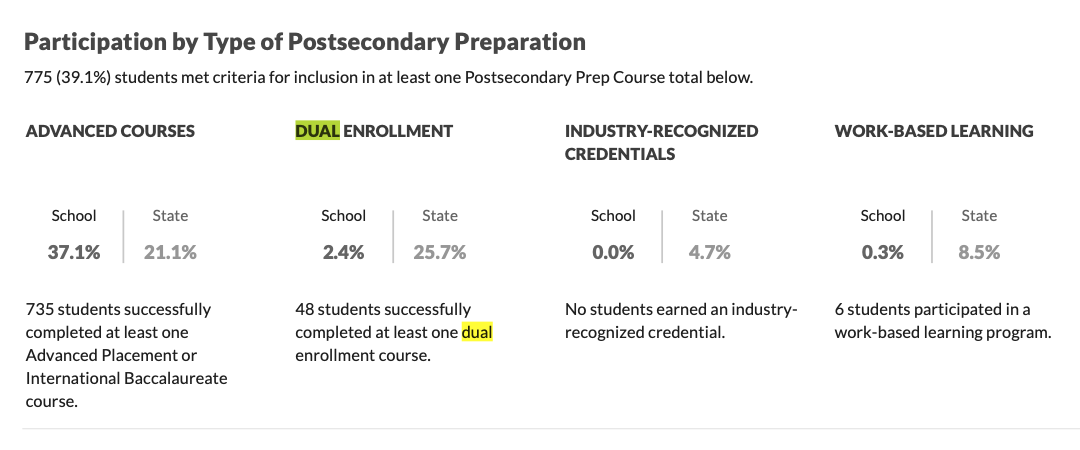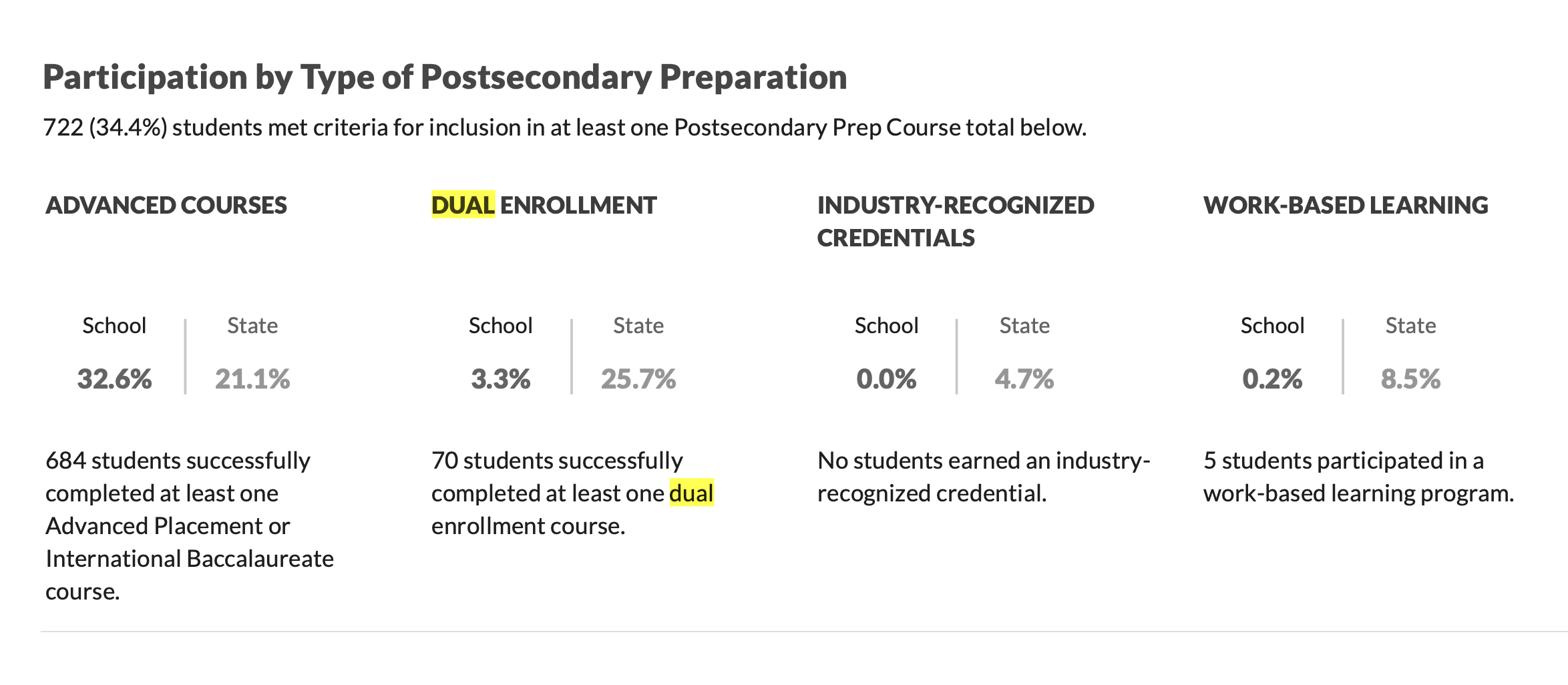In Louisiana, Mississippi, Alabama, and Tennessee, we see a coherent series of actions that point in the same direction. The problem with most school reform efforts is not the sheer number of changes but the cultural discordance—the whiplash, fad-chasing, and stopping-and-starting. So, when a literacy agenda involves a number of moving parts, it’s not a problem so long as they’re working in concert. It would be a mistake to imagine the lesson of Spinning Wheels is that inertia is good for schools. Rather, it’s that chaos is bad for them.
Brumley and I also got into “Let Teachers Teach,” a comprehensive agenda for school leaders and legislators that the Louisiana Department of Education released last year. I love this initiative. Devised in concert with a few dozen respected Louisiana teachers, the recommendations aim to make teaching more manageable. They call for limiting students’ cell phone use, placing ungovernable students at alternative sites, abolishing antiquated lesson-planning requirements, reducing the burdens of mandated teacher trainings, ensuring adequate time for preparation, and so forth. It’s overdue and the kind of thing that I’ve been (mostly fruitlessly) urging “reformers” to do for decades, both for the practical benefits and as a way to show respect for those doing the work.
It’s tough to capture just how dramatically “Let Teachers Teach” contrasts with the ethos that’s fueled so much reform during the past few decades. Heck, I can still recall pretty clearly the time (15 years ago) when the push for value-added teacher evaluation yielded half-baked algorithms and crappy placeholder measures for the 70 percent of teachers who didn’t teach reading or math in grades 4 through 8. I’ve seen plenty of advocates roll their eyes at teachers who dare to voice sensible concerns about student misconduct or raging student absenteeism, especially when those teachers are crosswise with the dictates of “restorative justice.” It’s laughable but sadly true that a reform focused on making it easier for professional educators to do their damn job qualifies as novel.
———-
Madison taxpayers have long supported far above average (now > $25,000 per student) K-12 tax & spending practices. This, despite long term, disastrous reading results.
Madison Schools: More $, No Accountability
The taxpayer funded Madison School District long used Reading Recovery…
The data clearly indicate that being able to read is not a requirement for graduation at (Madison) East, especially if you are black or Hispanic”
My Question to Wisconsin Governor Tony Evers on Teacher Mulligans and our Disastrous Reading Results
2017: West High Reading Interventionist Teacher’s Remarks to the School Board on Madison’s Disastrous Reading Results
Madison’s taxpayer supported K-12 school district, despite spending far more than most, has long tolerated disastrous reading results.
“An emphasis on adult employment”
Wisconsin Public Policy Forum Madison School District Report[PDF]
WEAC: $1.57 million for Four Wisconsin Senators
Friday Afternoon Veto: Governor Evers Rejects AB446/SB454; an effort to address our long term, disastrous reading results
Booked, but can’t read (Madison): functional literacy, National citizenship and the new face of Dred Scott in the age of mass incarceration.
When A Stands for Average: Students at the UW-Madison School of Education Receive Sky-High Grades. How Smart is That?
